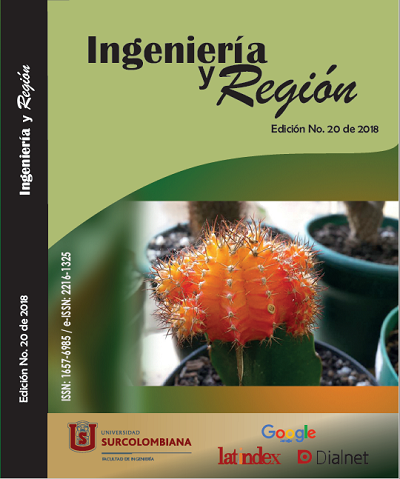Evaluation of RPAs for spraying in differents cultures
##plugins.themes.bootstrap3.article.main##
The present work had as objective to study and to validate the application of defenses through RPAs (Remotely Piloted Aircraft), commonly denominated Drones. The experiment happened at APTA East Center in Ribeirão Preto, Sao Paulo. The herbicide solution glyphosate 1.5 kg ha-1 (Roundup WG®) was used using 15 L ha-1 of syrup volume. The RPA that overflew the study area at three different altitudes together with three different spray nozzle models in a range of 50 m x 5 m, with water-sensitive papers being distributed in these bands to verify the size, quantity and distribution of drops that fell on the plants. Once the information was counted, it was expected that it would be possible to create different application models, leading to greater efficiency and effectiveness of the applications. In addition, avoid waste of defense, contributing to decrease environmental impacts and increase safety in the field (lower risk of intoxication). The results allowed to identify competitive advantages, highlighting the practicality and speed, besides allowing localized control of weeds, without the need of tractors, which increases soil compaction and requires greater investment in equipment. From these results, use protocols will beestablished for various agricultural crops, such as: Peanut (Arachis hypogaea L.), Sugarcane (Saccharum officinarum L.), Soya (Glycine max L.), Maize (Zea mays).
Downloads
##plugins.themes.bootstrap3.article.details##
Brasquímica., 2017. Pulverização Agrícola: O que é e como funciona. Disponível em: http://brasquimica.ind.br/pulverizacao-agricola/ Acesso em 05 ago 2018.
Cunha, J. P. A. R., Moura, E. A. C., Júnior, J. L. S., Zago, F. A., Juliatti, F. C., 2008. Efeito de pontas de pulverização no controle químico da ferrugem da soja. Engenharia Agrícola. Jaboticabal, v.28, n.2, p.283-291.
Cunha, J. P. A. R., Reis, E. F., Santos, R. O., 2006. Controle químico da ferrugem asiática da soja em função de ponta de pulverização e de volume de calda. Ciência Rural, Santa Maria, v.36, n.5, p.1360-1366.
Cunha, J. P. A. R., Ruas, R. A. A., 2006. Uniformidade de distribuição volumétrica de pontas de pulverização de jato plano duplo com indução de ar. Pesquisa Agropecuária Tropical, Goiânia, v.36, n.1, p.61- 66.
Cunha, J. P. A. R., Teixeira, M. M., Vieira, R. F., Fernandes, H. C., 2005. Deposição e deriva de calda fungicida aplicada em feijoeiro, em função de bico de pulverização e de volume de calda. Revista Brasileira de Engenharia Agrícola e Ambiental, Campina Grande, v.9, n.1, p.133-138.
Christofoletti, J. C., 1999. Considerações sobre a deriva nas pulverizações agrícolas e seu controle. Teejet South Amercia, São Paulo. 15p.
FOCO RURAL., 2018. Demonstração de Drone de pulverização agrícola. Consultado em 8 de agostos de 2018. http://www.focorural.com/detalhes/n/n/10266/demonstracao-de-drone-de-pulverizacao-agricola-.html
Neiva., 2007. Vantagens da Pulverização Aérea. Consultado em 8 de agostos de 2018. http://aeroneiva.com.br/site/content/produtos_ipanema_vant_pulv.asp
Soares, J., Leão, M., 2008. Optimização da pulverização em médio e baixo volume na produção integrada de pêra rocha. Consultado em 5 de agostos de 2018. http://www.bayercropscience.pt/download/pi_pera_rocha.pdf>. Acesso em: 05 agostos 2018.
Schröder, P. E., 2005. Aviação agrícola em alta rotação: controle de pragas em soja com BVO.


















